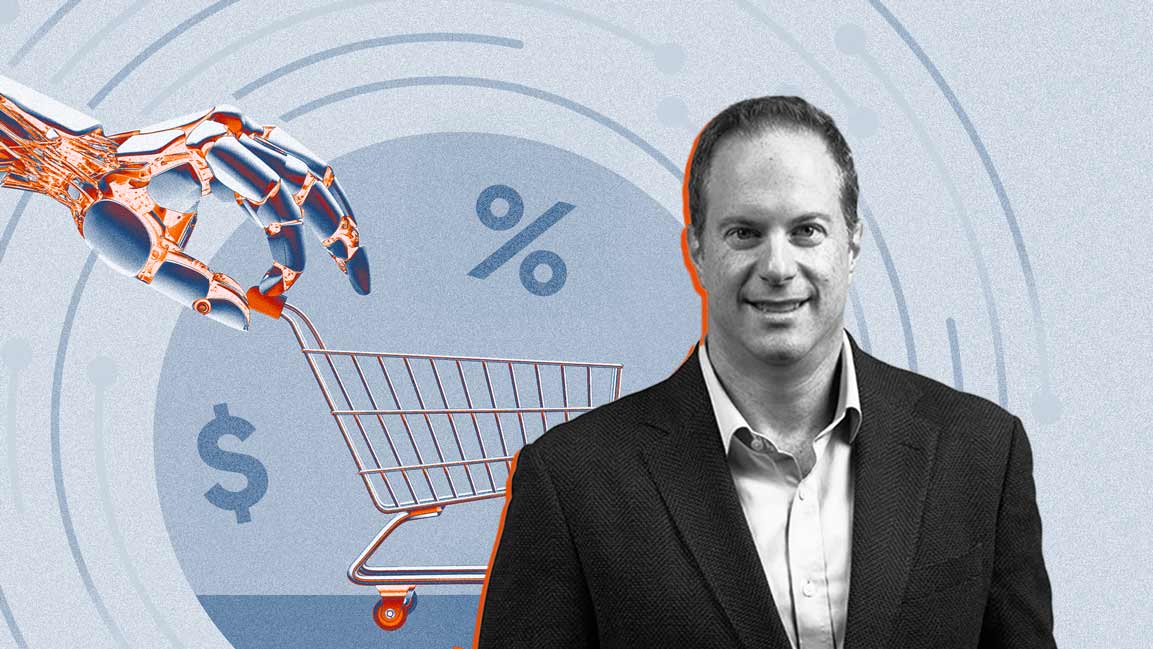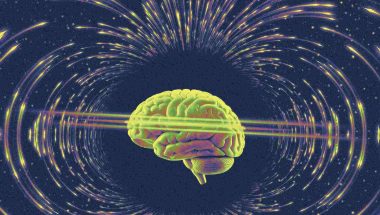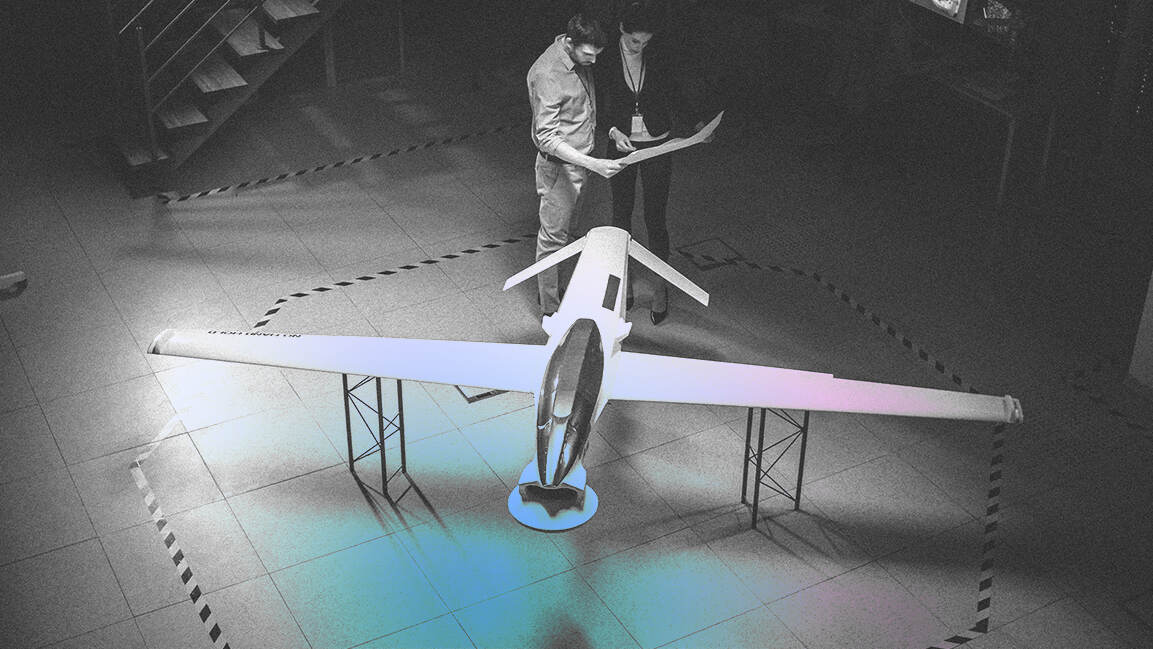Media in the Middle East needs to balance innovation and human creativity with AI
AI is driving innovation, but human creativity remains the heart of media

Can AI be hailed as the future of media? While it excels at crunching numbers and tailoring content, can it truly replace the human touch that makes storytelling rich, emotional, and real? Maybe the future of media isn’t all about speed, after all.
In the Middle East, where innovation is reshaping industries, there’s a risk that AI could oversimplify the region’s layered storytelling. The depth comes from human creativity, not just algorithms.
The media industry has always been in flux, and the next wave of AI-driven change demands proactive preparation, says Elie Milan, Chief Performance Officer at Publicis Media Middle East.
This means investing in AI technology and talent, prioritizing data privacy and ethical practices, and enhancing transparency to build consumer trust. Milan believes that agencies must also adopt agile business models. Such models can quickly adapt to innovation, fight increasingly sophisticated ad fraud, and ensure brand safety at scale through AI-powered tools.
According to a World Economic Forum report, AI is significantly transforming content creation, monetization, and consumer engagement. The global AI market in media, entertainment, and sport is projected to reach $120 billion by 2032, growing at an annual rate of 26%. Despite these advancements, human creativity, such as emotional resonance, cultural nuance, and storytelling, will remain essential for maintaining content integrity and audience trust.
As the industry evolves, the balance between technology and creativity will be key.
Milan continues, “Balancing automation with human creativity will ensure campaigns remain impactful, while staying attuned to evolving consumer expectations will drive relevance and engagement.”
At the same time, media companies must stay ahead of shifting regulations to navigate an evolving legal landscape. If done responsibly, these strategies can help the industry harness AI’s potential while ensuring long-term growth and staying relevant.
Tony Wazen, CEO of Publicis Media Middle East, adds that the industry is entering an era of “connect or die,” and AI is set to reshape the region’s media ecosystem over the next decade.
Government initiatives like the UAE’s National AI Strategy 2031 and Saudi Arabia’s Vision 2030 are driving AI adoption to enhance media production, distribution, and consumption in parallel.
Wazen says, “AI will refine content creation by analyzing audience behavior, suggesting resonant formats, and optimizing schedules for impact. It will also offer personalized campaigns, boosting engagement and conversion rates.”
He continues. “Agentic AI, acting autonomously, will further revolutionize media by enabling complex tasks in various urban environments and catering to a diverse demographic such as the one in the Middle East/GCC region.”
This evolution also changes how media strategies are built. Joyce Hallak, Chief Strategy Officer at Publicis Media Middle East, points out that AI is already streamlining tactical execution, freeing up talent to focus on strategic thinking.
She says, “This trend will continue to evolve into fully automated models across various aspects of the media process, enabling predictive planning that anticipates consumer needs and behaviors. These advancements will create highly personalized customer journeys and flawless execution with strong governance on quality assurance and real-time optimization.”
She adds that agencies must double down on investments in technology, data solutions, and talent to meet these expectations, delivering more innovative, data-driven strategies that meet client needs and drive meaningful results.
PERSONALIZING MEDIA AND TRANSFORMING CONSUMER ENGAGEMENT
AI is already enabling more personalized media experiences, and as this trend deepens, its impact on consumer behavior is becoming more pronounced. According to a 2024 survey by Boston Consulting Group, over 80% of global consumers now expect personalized content, up from 67% in 2021, further validating AI’s rising role in shaping consumer expectations.
Wazen believes the trend is accelerating. “AI-driven personalization will continue to grow, with AI analyzing vast data to deliver tailored content and recommendations.”
He explains hyper-personalization will shape consumer expectations by delivering engaging and relevant experiences, boosting loyalty and interaction.
However, he also cautions against overreach: “As agentic AI evolves, it may help balance personalization with ethical considerations, ensuring personalized experiences remain respectful and beneficial.”
Milan points out that personalization is also transforming the mechanics of media buying. He says, “It automates repetitive tasks, integrates cross-channel data, and optimizes ad creatives, delivering more relevant ads to consumers.”
However, he notes that challenges like data privacy concerns, transparency issues, brand safety, and algorithmic bias must be addressed.
To succeed in this evolving environment, brands and agencies must responsibly harness AI, placing ethical practices and consumer trust at the center of their approach. As consumers demand greater control over their data and ad experiences, balancing automation and human oversight will be essential to realizing AI’s full potential in media buying.
This same technology is also elevating how brands understand and predict consumer behavior, especially in the Middle East, where strategic use of data is still maturing. While vast volumes of data are available, transforming it into meaningful insights remains challenging, particularly in a region marked by cultural diversity and demographic complexity.
In 2024, AI spending in the Middle East, Türkiye, and Africa reached $4.5 billion, showing how the region is committing to data maturity, but application still lags behind their potential.
Hallak sees AI as the bridge to close this gap.
“AI will bridge this gap by accelerating data processing, unlocking deeper insights into consumer behaviors, emerging trends, purchasing patterns, media consumption, and more.”
For Hallak, this enhanced understanding will empower brands to create data-driven, culturally relevant creative strategies, enabling them to deliver personalized experiences at scale while remaining sensitive to local preferences and values.
The result is a win on multiple fronts: more impactful campaigns, smarter media strategies, higher ROI, and deeper, more authentic consumer relationships.
AI AUTOMATION AND HUMAN CREATIVITY
AI is set to transform the media agency ecosystem by adding tools, connecting capabilities, and delivering greater value to clients.
While access to AI will become universal, Wazen emphasizes that the real differentiator will be training AI with high-quality data, which will unlock meaningful transformation across the board.
Wazen says, “The collaboration between media agencies and brands will transform by automating routine tasks and enhancing strategic decision-making. AI tools will offer real-time data analysis and predictive insights, enabling agencies to provide more effective campaign strategies and personalized solutions.”
This shift, he believes, could lead to deeper, data-driven client relationships, with AI facilitating continuous feedback and optimization.
He continues, “New opportunities may arise in AI-driven content creation, where agencies and brands can develop innovative media formats. AI could also enable more transparent and efficient client-agency interactions, fostering collaborative and mutually beneficial partnerships.”
As agentic AI develops, it may further streamline collaborations by automating complex workflows and enabling autonomous decision-making.
Yet even as AI grows more sophisticated, the distinction between machine-generated and human-driven content remains vital.
Milan notes that while AI-generated content is becoming increasingly sophisticated, human creativity, emotional resonance, and brand safety oversight remain irreplaceable—at least for now.
He adds, “The key is to use AI as a tool to augment human creativity, not replace it. For example, in our region, we’re leveraging AI to automate repetitive tasks like localizing content across various Arabic dialects.”
This application saves time and resources while allowing the human element to infuse brand voice, cultural nuance, and emotional depth—qualities essential for truly connecting with audiences. Striking this balance ensures that AI enhances media without diminishing the unique value of human creativity.
As AI plays a growing role in content creation, from automated articles to personalized videos, it is also reshaping how brands approach content strategy. AI’s ability to deliver data-driven insights into audience preferences allows for more precise, relevant messaging. Still, the focus must remain on the transformative power of human ideas.
Hallak emphasizes that AI should be seen as an enabler, enhancing the content creation process by optimizing production and distribution and personalizing user experiences. This synergy between human input and machine intelligence will ultimately drive deeper audience connections and meaningful engagement.
AI’S IMPACT ON MEDIA STRATEGY
AI will be crucial in developing new media formats and channels, using technologies such as generative AI to create innovative content such as AI-generated news articles or videos. AI can also help identify formats that resonate with specific demographics by analyzing audience preferences, creating more targeted and engaging media outputs.
Wazen believes, “AI-driven platforms can optimize content distribution across channels, reaching receptive audiences.”
As agentic AI continues to evolve, it could further enhance these capabilities by enabling autonomous decision-making in content creation and distribution, ultimately leading to more interactive and immersive formats.
The foundation of AI’s effectiveness, however, lies in data. Hallak emphasizes the importance of ethical data usage, saying, “It’s crucial that data collection practices are transparent, and explicit consent is obtained, fundamental pillars of ethical data usage.”
AI is also transforming how advertisers approach investment and ROI in media.
Milan notes that AI is revolutionizing how advertisers measure and optimize return on investment, or any business-relevant objective, through real-time data analysis, predictive modeling, and hyper-personalized targeting.
He adds, “Advertisers can allocate budgets more efficiently, optimize within and across channels, and focus on high-performing audiences.”
In 2024, digital ad spend in the Middle East grew by 8.1%, with AI-led tools increasingly influencing allocation decisions, according to a Campaign Middle East report.
With smart bidding algorithms, testing and learning have become faster and more accessible, allowing brands to benchmark actual versus predicted outcomes and adopt an “invest as you grow” mindset.
This shift is empowering advertisers to make data-driven decisions that maximize returns while minimizing wasted spend, marking a fundamental evolution in media strategy across the region.








































